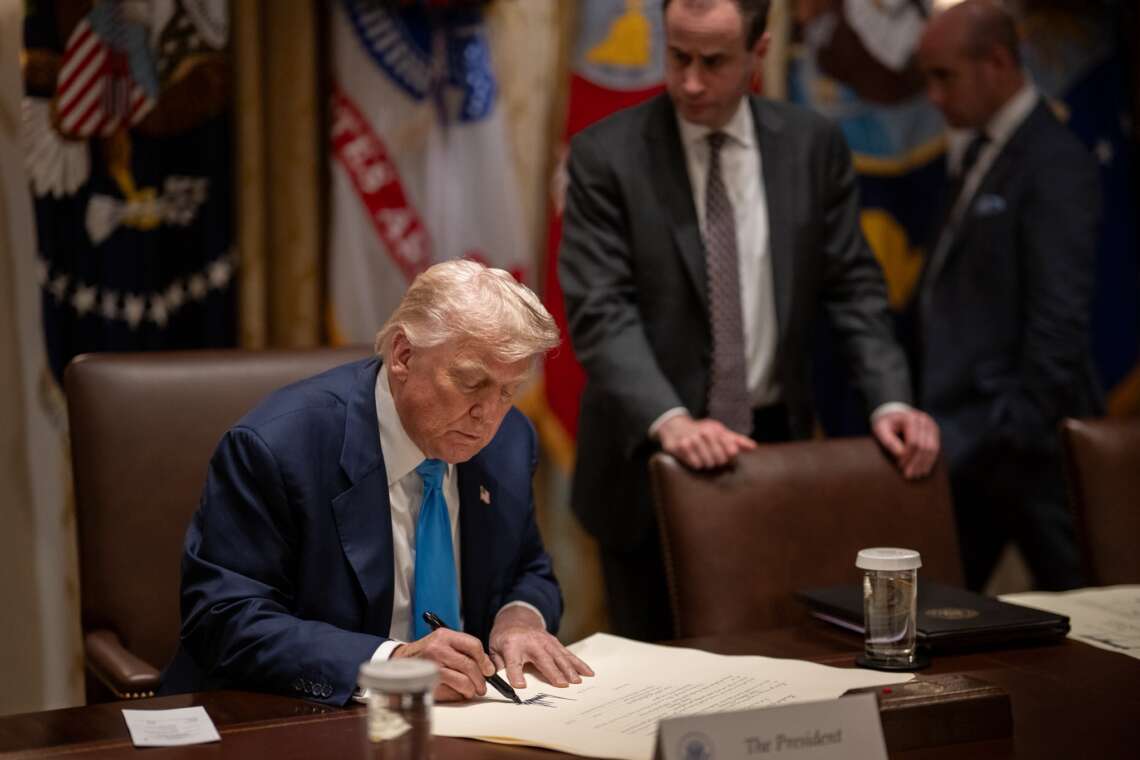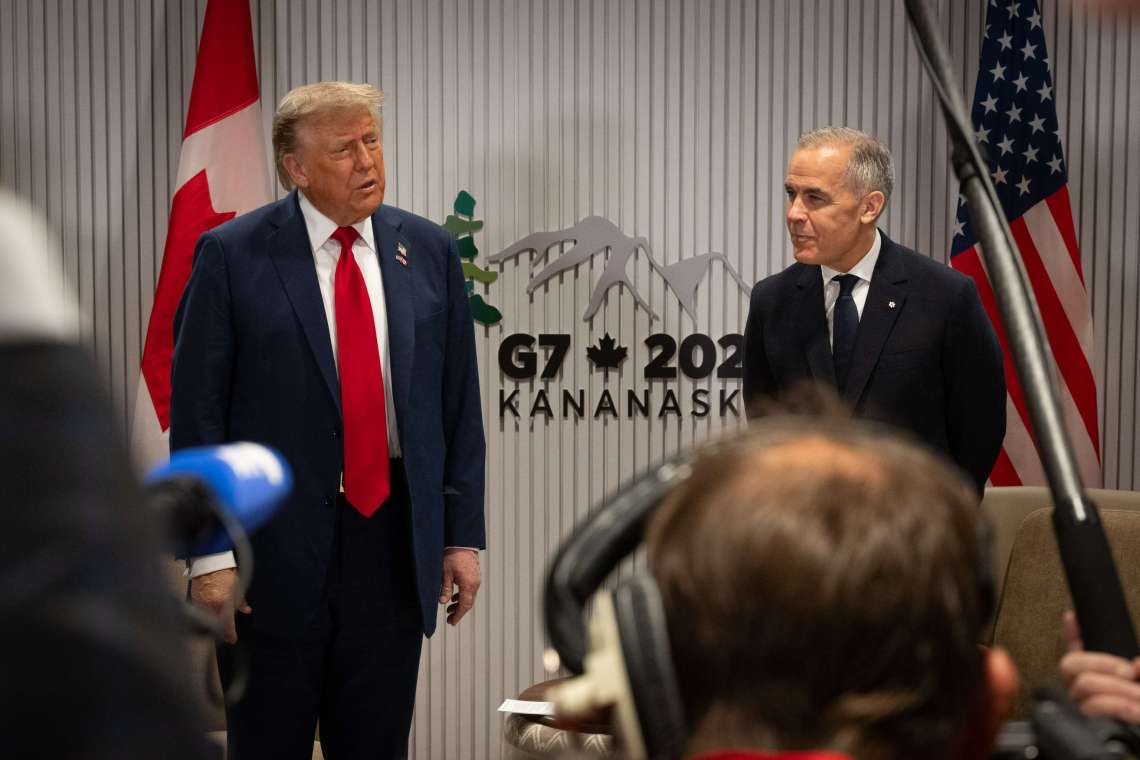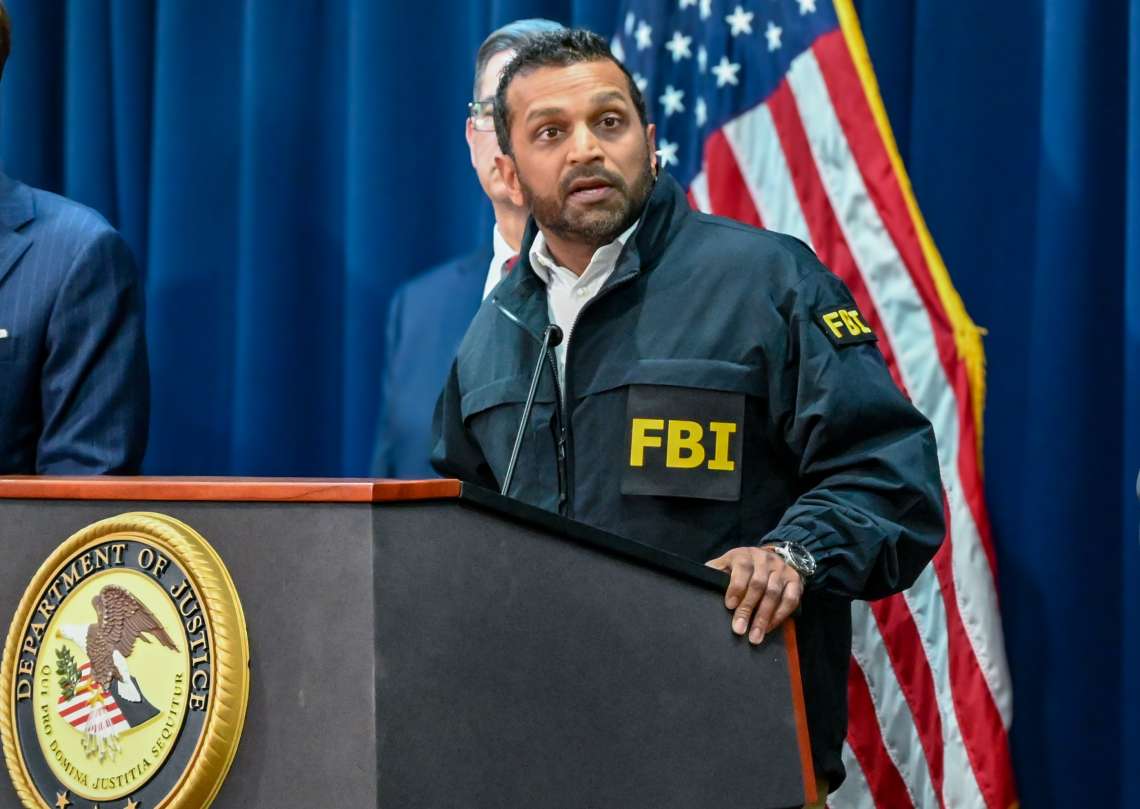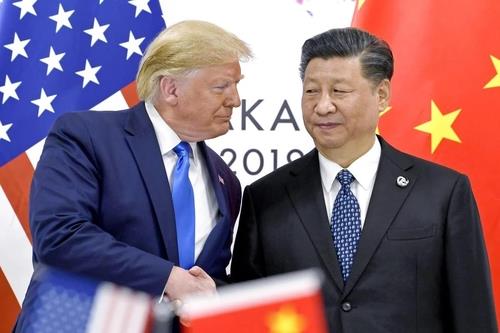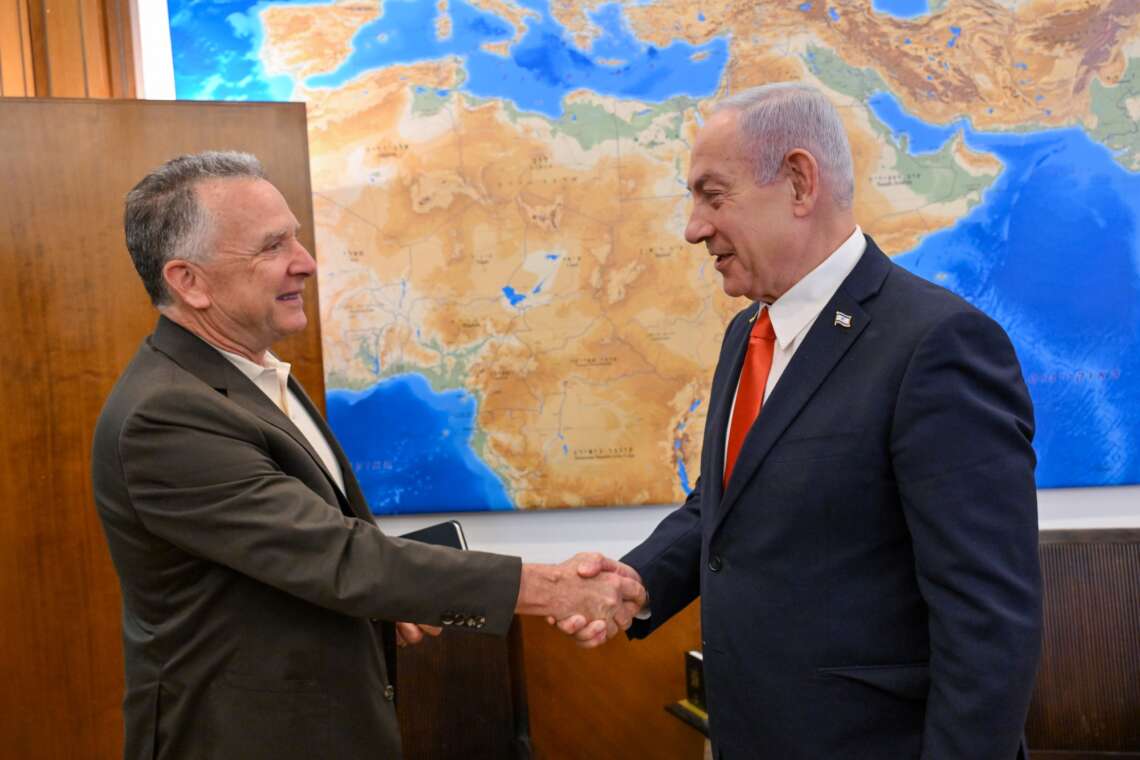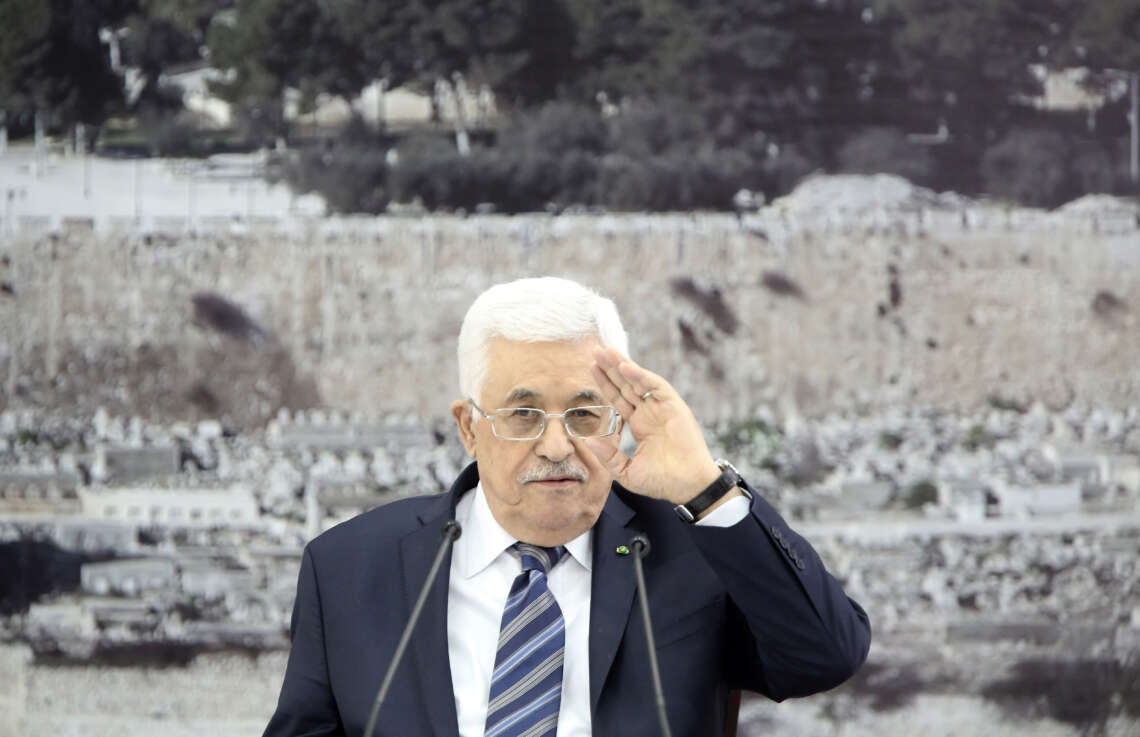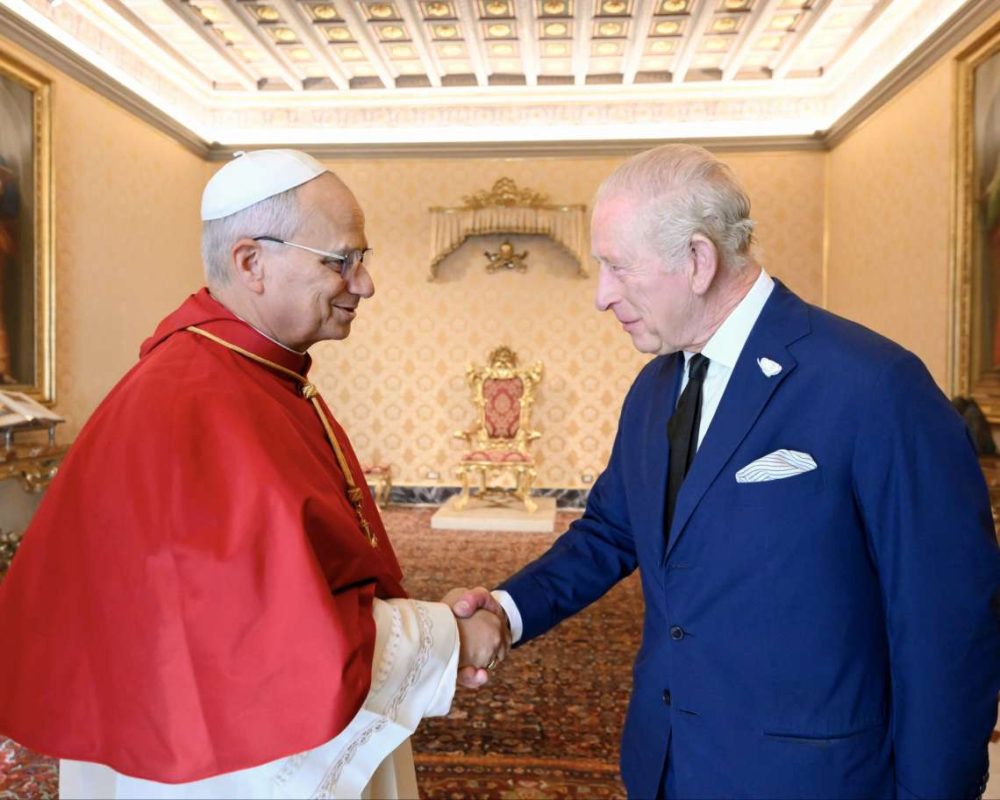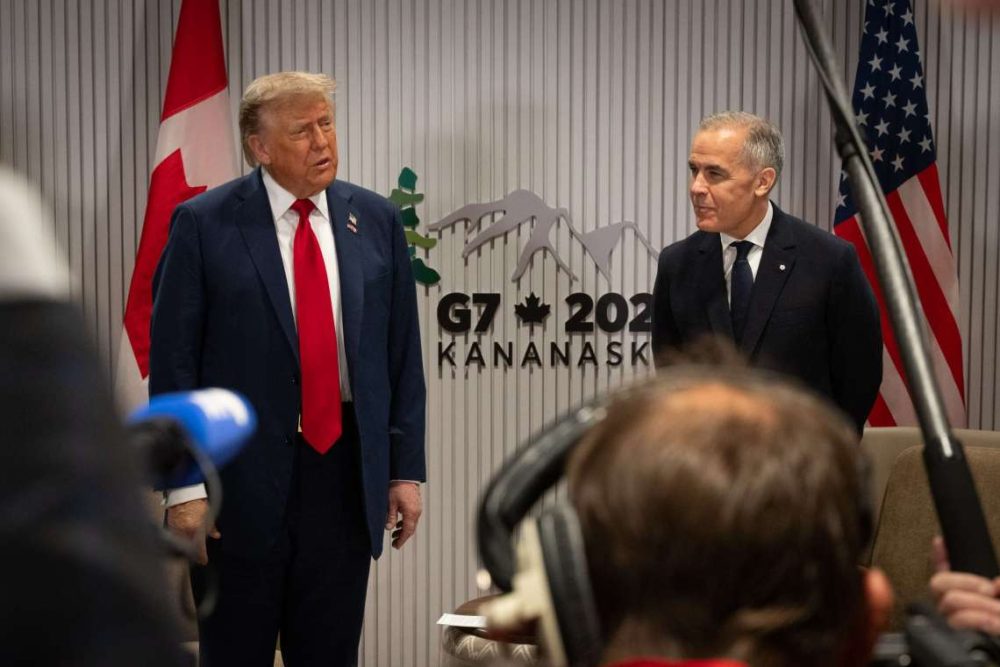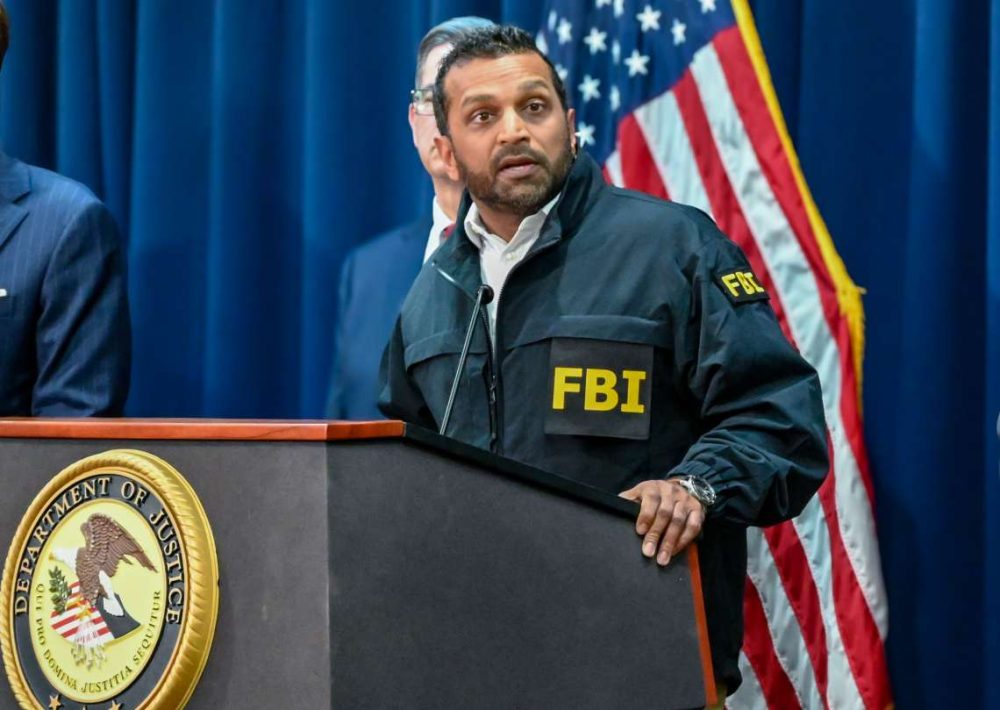The administration also accused Brazilian authorities of undermining democratic norms and free expression by targeting Bolsonaro and his allies
In a dramatic escalation of economic and political tensions, US President Donald Trump has signed an executive order imposing a sweeping 50 per cent tariff on Brazilian imports, accusing the South American nation of posing an “unusual and extraordinary threat” to America’s national security, economic interests, and foreign policy. The move, announced by the White House on Wednesday, also follows weeks of rising diplomatic friction over Brazil’s domestic crackdown on former President Jair Bolsonaro and his supporters.
The executive order invokes emergency powers under the International Emergency Economic Powers Act (IEEPA) of 1977 and introduces an additional 40 per cent tariff atop existing duties, raising the total tariff burden to 50 per cent. The White House stated that the decision comes in response to a range of Brazilian government actions that have allegedly harmed US businesses and violated the rights of American citizens.
“President Donald J. Trump signed an Executive Order implementing an additional 40% tariff on Brazil… to deal with recent policies, practices, and actions by the Government of Brazil that constitute an unusual and extraordinary threat to the national security, foreign policy, and economy of the United States,” the official statement read.
The administration also accused Brazilian authorities of undermining democratic norms and free expression by targeting Bolsonaro and his allies with what it calls politically motivated trials and censorship. The statement specifically condemned what it described as the “persecution, intimidation, harassment, and prosecution” of Bolsonaro and thousands of his supporters.
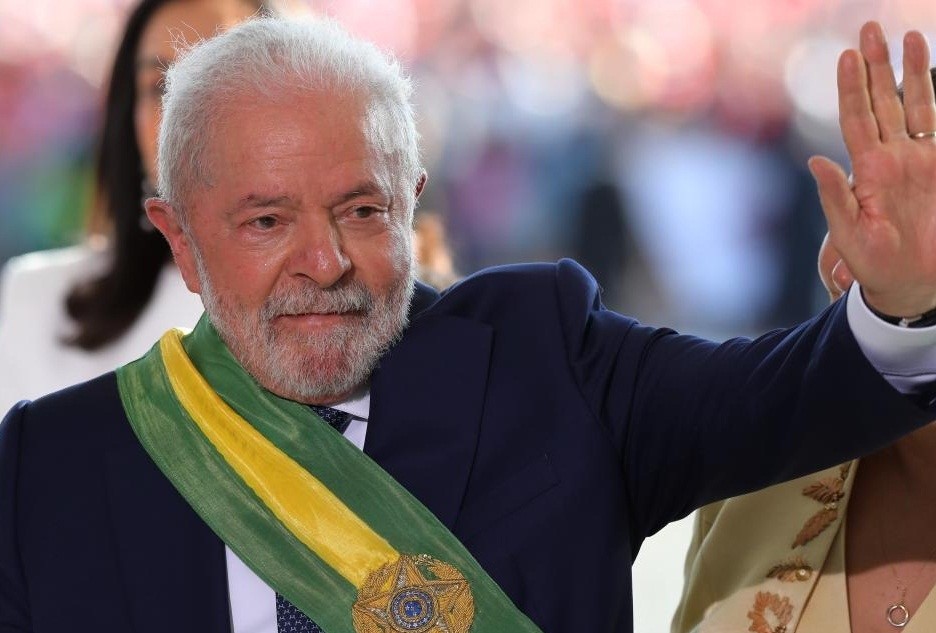
“The Order finds that the Government of Brazil’s politically motivated persecution… are serious human rights abuses that have undermined the rule of law in Brazil,” it noted.
The tariffs coincide with a broader campaign of pressure on Brazil’s judiciary. On the same day, the United States imposed sanctions on Supreme Court Justice Alexandre de Moraes, who has been overseeing several high-profile cases involving Bolsonaro. The US has accused Moraes of serious human rights violations, including “arbitrary detention” and “flagrant denials of fair trial guarantees.”
Secretary of State Marco Rubio, in a separate statement, announced that de Moraes and other court officials would also face visa restrictions for their roles in what Washington calls the “witch hunt” against Bolsonaro.
Earlier this month, Trump publicly warned that unless Brazil backed off from what he characterised as an undemocratic purge of opposition voices, punitive trade measures would be enforced. Bolsonaro, often dubbed the “Trump of the Tropics,” has previously boasted of his close ties to the US leader and echoed Trump’s rhetoric in calling the court proceedings against him politically biased.
The fallout from Washington’s latest salvo is expected to strain US–Brazil relations significantly, with Brazilian officials accusing the US of interfering in its internal affairs. Analysts also warn that the tariff hike could destabilise key sectors such as agriculture and metals, which depend heavily on the US export market.
As of now, the Brazilian government has not officially responded, but sources in Brasília suggest a retaliatory trade response may be under consideration.


